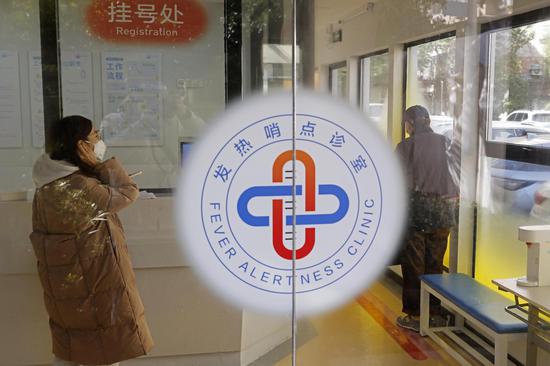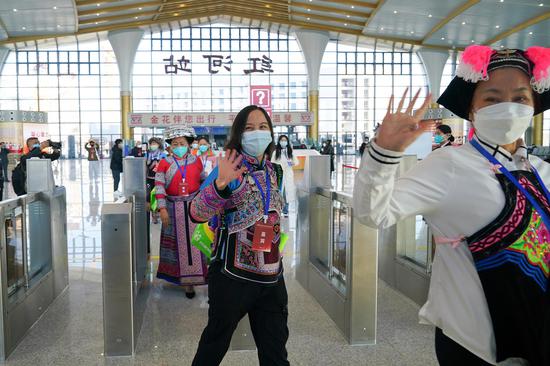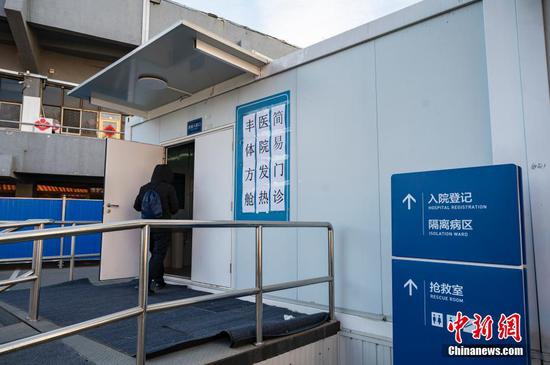U.S. COVID-19 cases, hospitalizations and deaths continue to rise in the midst of the holiday season, stressing the healthcare system and resulting in staffing shortages.
More than 44 percent of U.S. counties are experiencing medium to high COVID-19 Community Levels, according to the U.S. Centers for Disease Control and Prevention (CDC).
The country is now averaging about 65,000 new cases, 5,000 hospitalizations and 390 deaths each day, a significant rise compared with the last few months, CDC data showed.
Currently about 80 percent of sites across the United States are reporting moderate to high SARS-CoV-2 levels in wastewater. About 53 percent of sites reporting wastewater data are seeing some of the highest levels since December last year, according to CDC data.
The country continues to see a surge in respiratory illnesses among young children, including COVID-19, flu and respiratory syncytial virus (RSV). It prompted large pharmacies to limit the purchases of children's medications.
CVS and Walgreens are restricting the number of children's pain relief medications people can buy.
CVS said in a statement it is restricting both in-person and online purchases of two children's pain relief products. Walgreens has also limited online purchases of six over-the-counter fever reducers per transaction.
"Due to increased demand and various supplier challenges, over-the-counter pediatric fever reducing products are seeing constraint across the country," Walgreens said in a statement.
The "tripledemic" of COVID-19, flu and RSV is straining the U.S. healthcare system, resulting in decreased hospital capacity and staffing shortages.
Public health officials are urging the public to update their COVID-19 boosters and flu shots, masking indoors, testing before gatherings, and staying home when sick to limit the spread of COVID-19 during the holiday season.
Recent study showed the updated bivalent COVID-19 booster doses provided additional protection against COVID-19-associated emergency department or urgent care encounters and hospitalizations.
However, uptake of the bivalent booster has been low in the country, according to CDC data. About 150 million people ages 5 years and older are eligible for the updated booster but have not yet got it.
Among adults ages 65 years and older, who are at highest risk of becoming severely ill with COVID-19, 28 million people are eligible but have not yet got an updated booster.


















































 京公网安备 11010202009201号
京公网安备 11010202009201号